Why choose The Northridge Group as your consulting partner?
With over 25 years of experience, The Northridge Group is a trusted business management consulting firm
We help organizations improve Customer, Employee & Digital Experiences to achieve and maintain Operational Excellence. We do this by bringing hands-on, senior-level consulting expertise that delivers measurable outcomes—not just reports.


What makes us the leader in management consulting?
Experience + Excellence
The Northridge Group delivers transformative solutions that reduce complexity, enhance performance, and accelerate sustainable growth—across operations, customer experience, and enterprise strategy.
Founded in 1999, we serve clients across all major sectors—including healthcare, telecom, financial services, energy, technology, and government—bringing deep domain expertise and a proven track record of measurable results.
Our team of industry experts partners with organizations of all sizes—from high-growth companies to large enterprises and public institutions—to drive efficiency, elevate customer and employee experiences, and enable lasting transformation.
With a hands-on, data-driven approach, Northridge delivers lasting impact through collaboration, execution, and outcomes that matter.
Join Our
Newsletter
THE NORTHRIDGE FOUR
Four critical areas of focus for operational success

Employee Experience (EX)
We begin by assessing your current training programs, coaching practices, and knowledge management systems to uncover gaps that may be impacting employee performance and engagement.
Our experts then develop actionable strategies to:
Improve training effectiveness and relevance
Strengthen coaching models and feedback loops
Optimize knowledge sharing and accessibility
Build a culture of continuous learning and support
The result? A more empowered workforce, higher productivity, and a stronger, more positive employee experience that fuels long-term success.

Customer Experience (CX)
Customer experience (CX) includes every touchpoint and interaction a customer has with your business. When those experiences are negative, they often signal deeper issues within your organization—broken processes, poor communication, or misaligned systems.
At The Northridge Group, we specialize in uncovering what’s not working and designing targeted, actionable strategies to fix it. Our approach helps you:
Identify and repair broken customer journeys
Improve satisfaction and loyalty
Strengthen cross-channel consistency
Align CX efforts with operational goals
Great customer experiences aren’t accidental—they’re built. And we help you build them right.

Digital Experience (DX)
We help organizations maximize the value of their existing technology while strategically acquiring and implementing new tools—such as Artificial Intelligence—to drive performance, improve experience, and ensure long-term scalability.
Our approach focuses on:
Assessing your current tech stack for underutilized capabilities
Recommending the right-fit tools based on operational goals
Guiding AI adoption that enhances both employee and customer experience
Creating a fully integrated, user-friendly digital ecosystem
From internal workflows to customer-facing solutions, we ensure your digital tools are working for you—not against you.

Operational Excellence (OpX)
Operational excellence means every part of your organization is working in sync—like a well-oiled engine—where each action drives momentum, efficiency, and results.
At The Northridge Group, we take a holistic approach to operational performance. We:
Break down your operations into core components
Assess the effectiveness of each piece—from processes to people to tools
Identify friction points and areas of opportunity
Build a tailored strategy to maximize efficiency, ROI, and revenue
When your operations are aligned, the entire business moves forward faster—and with purpose.
We Solve Real Problems
what can we do for you?
operational efficiency
How does the Northridge Goup improve operations? Operational efficiency is the backbone of a healthy business—especially in complex areas like: Contact Center Operations Workforce Management Project Management Knowledge Management At The Northridge Group, we conduct in-depth assessments to identify gaps, streamline processes, and uncover opportunities to improve performance. Our proven approach helps you reduce inefficiencies, increase productivity, and deliver better results across every level of your operation.
service delivery
How does The Northridge Group support better service delivery? Delivering excellent service isn’t a one-time effort—it requires continuous improvement across people, processes, and platforms. The Northridge Group partners with organizations to strengthen service delivery through: Customer experience management and strategy Organizational design and operational alignment Change management planning and execution Outsourcing strategies and vendor management Whether you’re scaling operations, shifting service models, or transforming internal processes, we help ensure your service delivery is consistent, efficient, and built to exceed expectations.
business process optimization
How do we approach business process optimization? When existing processes no longer support growth, efficiency, or customer satisfaction, The Northridge Group delivers the clarity and expertise needed to drive meaningful change. Our senior-level consultants specialize in evaluating current business processes across departments, identifying inefficiencies, redundancies, and opportunities for improvement, designing and implementing optimized workflows, and aligning process redesign with strategic goals.
employee experience & engagement?
How does NRG work with you to strengthen employee experience? Your people are your most valuable asset. We help organizations build strong, motivated teams by focusing on effective coaching and training programs, leadership development, performance management and feedback systems, and culture-building strategies that retain top talent. Whether you need to upskill your workforce, improve morale, or manage change, we deliver tailored solutions that support both your employees and your goals.
omni-channel management & data strategy
How can we help you with omni-channel management? In today’s complex customer environments, success depends on more than just gathering data—it requires turning that data into action. The Northridge Group helps organizations operationalize their data strategy across all customer channels to drive smarter, faster decisions. We help you integrate and align data from phone, chat, email, and digital platforms, unlock meaningful customer insights across the full journey, create dashboards and reporting tools for real-time visibility, and transform raw data into actionable strategies for CX, operations, and growth.
technology
What role does technology play in our consulting approach? We help organizations assess and optimize their technology stack to ensure it's aligned with operational goals and user needs. From evaluating your current systems to guiding digital transformation, we support technology assessments and roadmaps, AI and automation strategies, cloud migration and digital self-service, and system integration and vendor evaluation. Our approach connects people, processes, and technology—ensuring your tools support productivity, not hinder it.
what our clients have to say
Do You Want To Boost Your Business?
drop us a line and keep in touch

Write Us
info@northridgegroup.com
Meet Our Clients
They Believe In Us
We’re the consultants that these Fortune 500 companies choose for all their contact center needs.



















